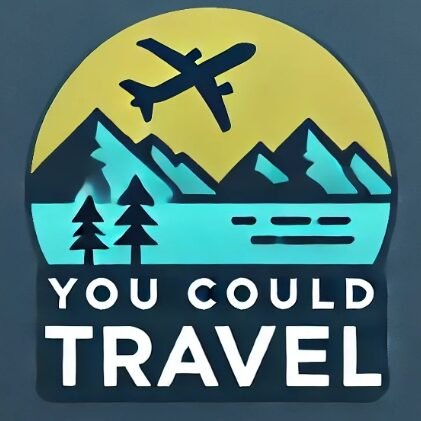
The best way to explore Australia is by hitting the open road with a campervan. Forget about Greyhound buses or organized tours; a true Aussie road trip is the way to go.
We debated for months about whether to buy our van, but it turned out to be the best decision we ever made.
Should I Buy or Rent?
If you’re planning to travel by car or campervan for six weeks or more, I recommend buying. Renting for a few weeks can be very expensive, so it’s worth taking the risk and buying. We bought a VW Transporter for $5,500, which is almost what it would have cost to rent for three months. We lived in it for a year, drove all around Australia, and sold it for $5,000. We only had to buy a new tire and change the oil a couple of times. We were lucky, though; we met a French couple who spent $10,000 on a campervan, and the engine blew up after five days.
If you decide to rent, check out Travellers Autobarn. Wicked Campers look cool but are overpriced for what you get.
Where to Buy From
Backpacker Car Markets: The biggest one is in Kings Cross, Sydney. You can find great deals, especially if someone needs to leave the country quickly. These vans usually come with everything you need, from cookers to surfboards. However, backpackers often cover huge distances and don’t take great care of their vehicles, so you never know what you’re getting.
Private Sales: You can find these online on sites like Gumtree or eBay, or through ads in papers or hostel notice boards. You might get a better deal and avoid salesmen, but this isn’t the best option if you don’t know much about cars.
Car Dealers: Dealers usually add a hefty commission, but if you have the cash and want something newer or more reliable, this could be a good option. They often guarantee to buy the vehicle back from you when you’re ready to sell, though for a fraction of its worth.
What to Look Out For
Ask the Owner:
– How often do they change the oil? Frequent changes might indicate a problem.
– What has been replaced or fixed recently?
– When was the last service?
– How many kilometers does it do to a tank?
Check For:
– Black exhaust fumes
– Weird clunks and noises
– Oil leaks
Things You’ll Need
Registration: Vehicles need to be re-registered annually, and the ‘rego’ must be moved into your name within 14 days of purchase. This is similar to paying road tax in the UK. The vehicle must be re-registered in the same state it was previously registered. Transferring rego to another state is expensive and rarely worth it for a backpacker. You’ll need an Australian address for registration; if you don’t have one, use a trustworthy hostel’s address.
Pink Slip: Similar to an MOT, it shows the vehicle passed a safety inspection and is in full working order. It must be renewed annually.
Insurance: When you register your vehicle, you get a green slip covering injuries to passengers if you’re at fault in an accident. Technically, you don’t need additional insurance, but it won’t cover damages to vehicles or buildings or healthcare for yourself. Insurance is more expensive if you’re under 25, but it’s essential. If you can’t afford insurance, you can’t afford a car.
Breakdown Assistance: My Aussie housemates say that only old people have breakdown cover in Australia. You can purchase roadside assistance when and where you break down for an extra fee. If not, check out 24/7 Road Services.
Top Tips
– You don’t need an international driving license unless you plan to stay in Australia for a few years. We had no problems with our British licenses.
– Driving in Melbourne can be tricky due to the trams. For example, to turn right, you have to get in the left-hand lane.
– Always carry lots of water.
– Watch out for kangaroos in the outback and rural areas, especially around dusk and dawn. They can jump right in front of your car. Roo bars are recommended.
– You’ll need air-con. Don’t buy a vehicle without it.
– A battery-powered fan is a lifesaver for nights without electric hookups.
– Make sure you have a gas cooker for boiling water in the outback.
– If you’re on a tight budget, consider a station wagon. It’s cheaper and you can sleep in it or pack a tent.
– 4WDs are more expensive but worth it if you can afford it. We had a 2WD and couldn’t handle some roads.
Hopefully, this answers your basic questions about buying a car or campervan in Australia. If not, leave a comment, and I’ll do my best to help.
